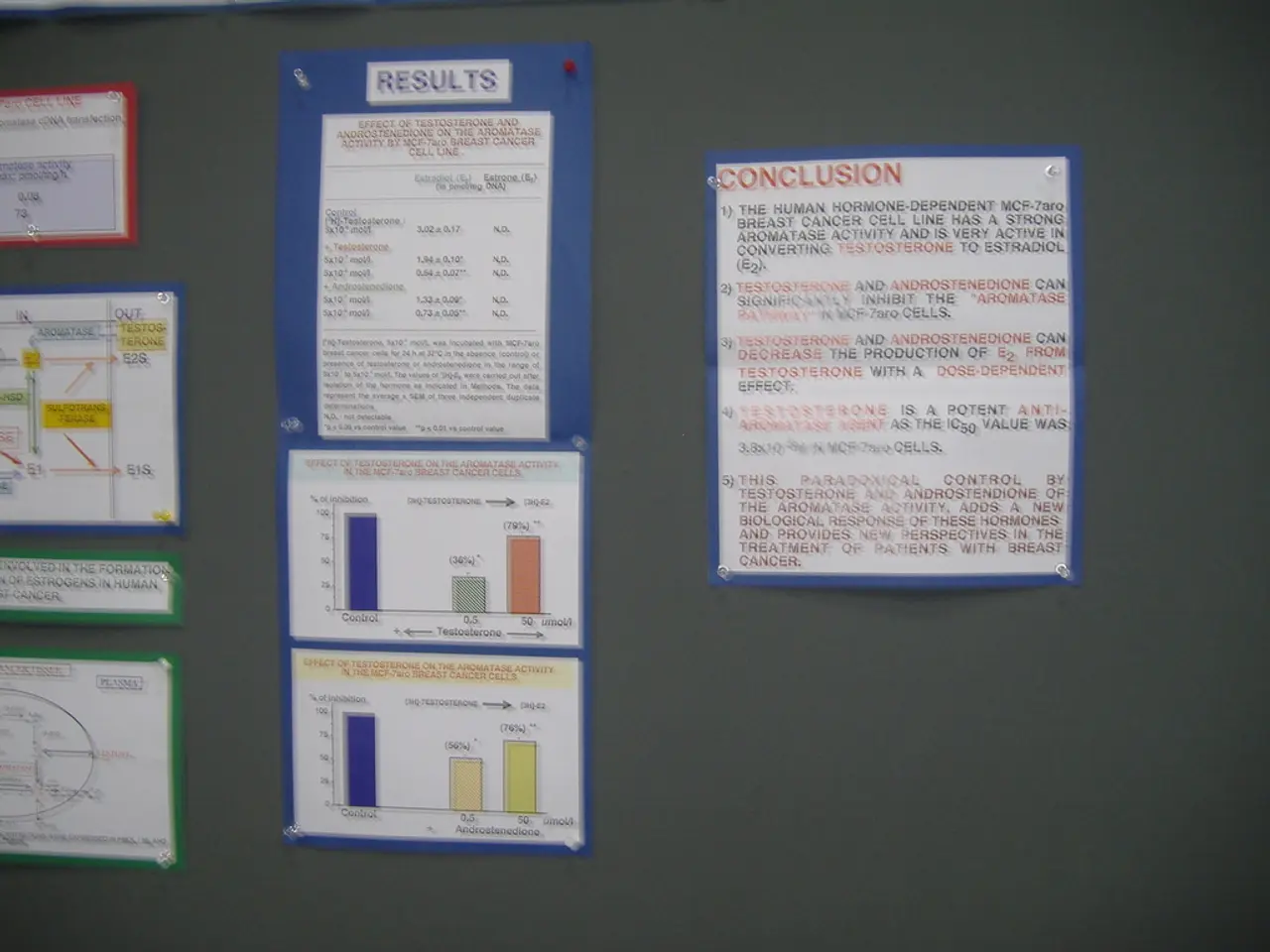Raising Lending Rate to 27.50% by the Central Bank of Nigeria
The Nigerian government has announced a retreat to develop measures against rising inflation, focusing on addressing structural weaknesses causing inflationary spikes. However, specific measures announced were not detailed in the available information.
The Central Bank of Nigeria (CBN) has taken action, increasing its interest rate to 27.5% in its last meeting of the year. This move follows a stronger-than-anticipated economic performance in Q3 2024 and a majority of economists polled by TechCabal had forecasted a 25 basis point increase.
David Omojomolo, Africa economist at Capital Economics, suggests that for effective control of inflation, the government must address the structural weaknesses driving inflationary spikes. He believes that Nigeria's aggressive interest rate hikes without corresponding fiscal measures may not be enough to control inflation.
Nigeria's economy expanded by 3.46% in the last quarter, largely fueled by growth in the services sector. However, the country's headline inflation surged to 33.8% in October, driven by fuel price hikes and floods in key food-producing regions. Both food and core inflation saw year-on-year increases in October 2024.
The recent interest rate hike is expected to further enhance the net interest income of Nigerian banks. The country's four largest banks - Guaranty Trust Holding Co, Zenith Bank Plc, United Bank for Africa Plc, and FBN Holdings Plc - have all reported a more than twofold increase in net interest income. However, analyst Samuel Onyekanmi predicts a potential rise in loan defaults due to the interest rate hike, which could affect the non-performing loans ratio.
All members of the Monetary Policy Committee agreed to prioritize tackling price changes. Without addressing these structural weaknesses, the Central Bank of Nigeria's struggle against inflation may persist, according to Omojomolo. He emphasizes the need for comprehensive measures to address the root causes of inflation, rather than relying solely on interest rate hikes.








